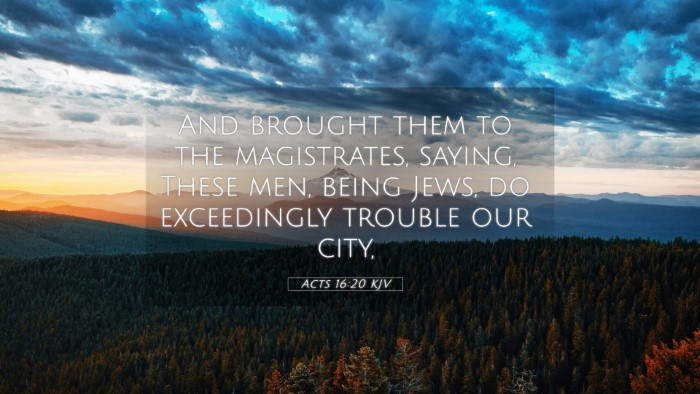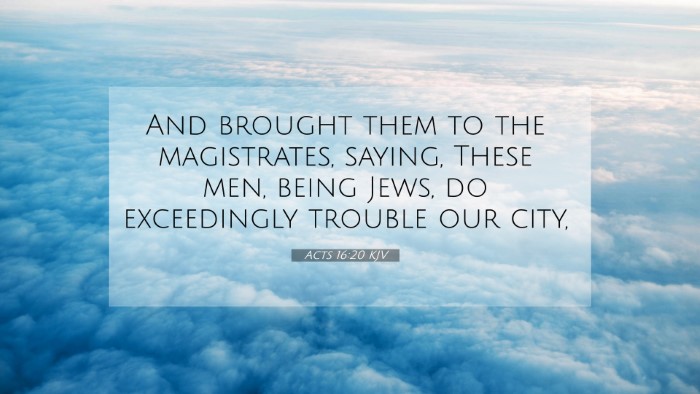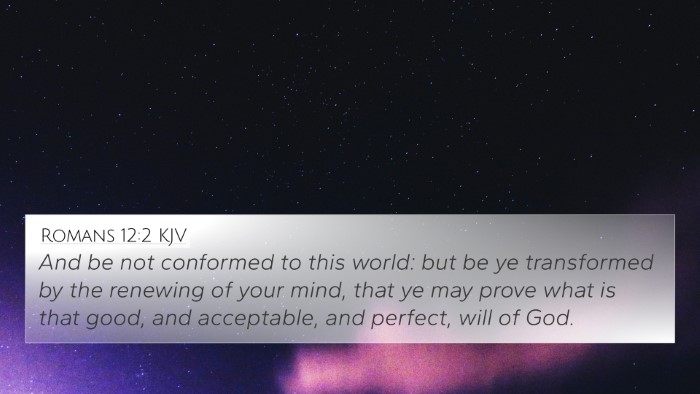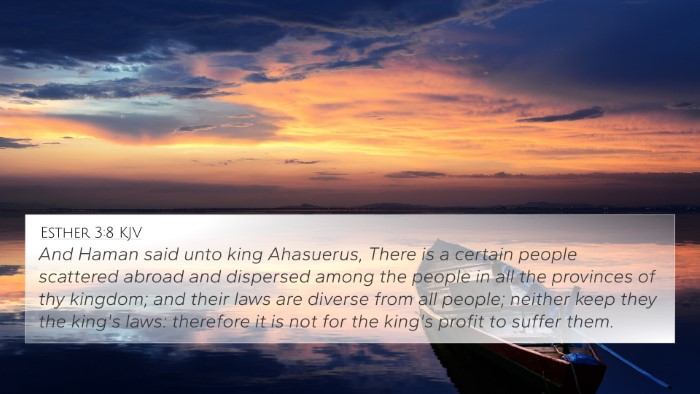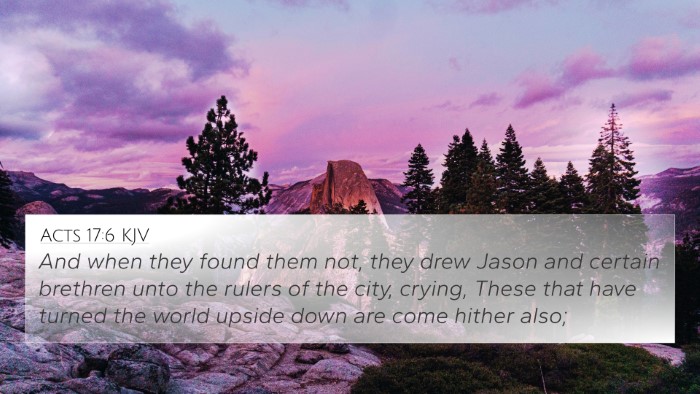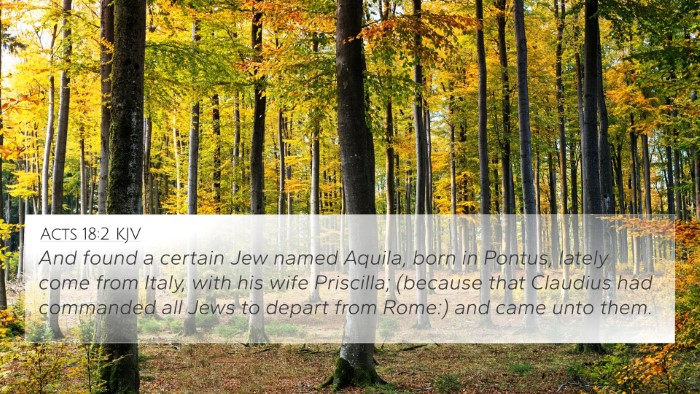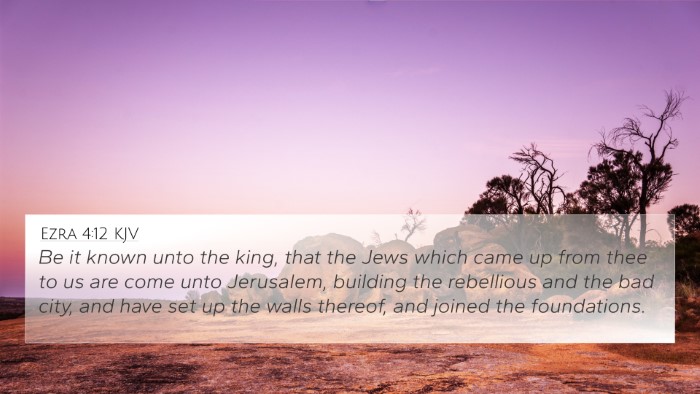Old Testament
Genesis Exodus Leviticus Numbers Deuteronomy Joshua Judges Ruth 1 Samuel 2 Samuel 1 Kings 2 Kings 1 Chronicles 2 Chronicles Ezra Nehemiah Esther Job Psalms Proverbs Ecclesiastes Song of Solomon Isaiah Jeremiah Lamentations Ezekiel Daniel Hosea Joel Amos Obadiah Jonah Micah Nahum Habakkuk Zephaniah Haggai Zechariah MalachiVerse
Acts 16:1 Acts 16:2 Acts 16:3 Acts 16:4 Acts 16:5 Acts 16:6 Acts 16:7 Acts 16:8 Acts 16:9 Acts 16:10 Acts 16:11 Acts 16:12 Acts 16:13 Acts 16:14 Acts 16:15 Acts 16:16 Acts 16:17 Acts 16:18 Acts 16:19 Acts 16:20 Acts 16:21 Acts 16:22 Acts 16:23 Acts 16:24 Acts 16:25 Acts 16:26 Acts 16:27 Acts 16:28 Acts 16:29 Acts 16:30 Acts 16:31 Acts 16:32 Acts 16:33 Acts 16:34 Acts 16:35 Acts 16:36 Acts 16:37 Acts 16:38 Acts 16:39 Acts 16:40
